- The Wipeout Weekly
- Posts
- 🏄♀️ Ocean don't care what you look like 🌊
🏄♀️ Ocean don't care what you look like 🌊
Wetsuit rage, a guaranteed pop-up fixer, Clyde Aikau’s legacy, Cocoa Beach tips, and yes... the podcast is officially ON.
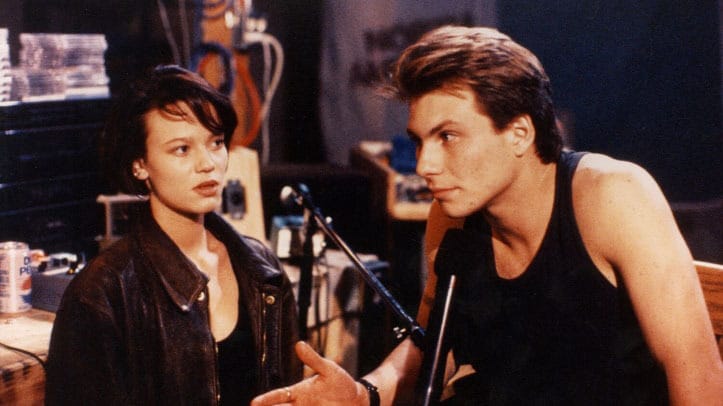
🌺 This week, we said goodbye to Clyde Aikau—a big wave surfer, Hawaiian legend, and the embodiment of aloha spirit in the surfing community. A hui hou—until we meet again.
🏄♀️ Let’s surf:
Ocean don’t care about your body
Cocoa Beach, Florida
Girl-Who-Was-Raised-On-Stoked
Farewell to the legend
Weekly popup ⚡🏄♀️🔥
Houston, we have a p….odcast 🔊
P.S. Advanced “apologies” for this week’s bumper edition. 😅
SURFODRAMA
😱 Ocean don’t care: Surf in the body you’ve got
When you picture a surfer, what do you see? I see Laird Hamilton, built like a tank. 😂
But you may imagine: a ridiculously lean figure, tanned, doing a graceful cross-step on a longboard with that perfect, salt-kissed hair.
That image might dominate our social feeds and the (few remaining) surf magazine covers, but in real life, surfers come in all shapes, sizes, and ages.
No matter what the algorithm tries to show you, the ocean doesn’t care how much you weigh or what you look like. 🤗
🧐 The real barrier isn’t your body—it’s the voice in your head
The number one thing that keeps people out of the water isn’t their body size. It’s the fear that their body doesn’t belong. That stink eye and uncalled-for judgment that you’re so used to expecting. Does this wetsuit make me look ginormous? OMG, what if I can’t take it off?
Over and over again, Girls Who Can’t Surf Good (and plenty of surfers on Reddit) shared how it wasn’t their fitness level that held them back—it was insecurity.
“Big guy new to surfing needs advice.”
“Overweight lad looking at starting surfing.”
“What if I am too fat for surfing?”
Not only do we seek reassurance from our peers—YES! It’s possible to surf if you’re not that model surfer that lives rent-free in our minds—but we also seek permission to enter the ocean.
But once we get in, we don’t look back.
From Kristy, who credits surfing with helping her lose 70 lbs, to Donna, who dropped 10 kg—the message is reassuring.
If you want to surf, you can. And in turn, it will make you a stronger, more athletic human being.
🏄♀️ Skill matters, not size
"You can be fit at almost any size. If you’re interested in surfing, you’re already athletic in my book."
There’s this ridiculous notion among some surfers that if you carry extra pounds, you are somehow a dedicated couch potato who couldn’t possibly muster a single push-up or a squat.
Newsflash: there are muscles lovingly tucked under those cozy blankets of fat.
🛑 They don’t make it easy though
Most surf schools were not built for average bodies. Unless you’re learning in Waikiki, blessed with its abundance of 10- and 11-foot surfboards with 90–100 liters of volume, your first lesson on an 8ft Wavestorm may put you off surfing forever.
Surfers who are taller or heavier need bigger boards with more volume to support them, and surf schools may not have them on hand.
But once you’ve committed to getting your own board, it gets easier (see The Weekly Popup below 👇)
🚩 The wetsuit struggle is real
If there’s one universal frustration, it’s this: wetsuits are not made for real bodies. Not only is sizing inconsistent, but brands frequently ignore the needs of average and doesn’t-fit-the-mold surfers. There’s a reason why you see more “real”-bodied surfers in the tropics. No wetsuit—one less problem.
If you have to order a custom suit, which can cost 2 to 3 times more than an off-the-rack one and take a few weeks to arrive, your passion for surfing may understandably cool down a little.
😊 Representation (still) matters
I may have been waxing lyrical about surf influencers a bit much recently, but hey, what keeps people motivated is seeing others who look like them—whether it’s surfers who are similar in body type, race, age, or who are somewhere along the same learning journey.
It's about belonging. It's about showing someone who hesitates at the shore that they deserve to be out there just as much as anyone else.
Still, there’s a persistent fatphobia in the world of surf culture.
Sometimes it's loud—“you need to lose weight before you can surf.”
Sometimes it’s subtle—like the complete lack of totally average and plus-size surfers in ads or gear reviews.
But don’t you worry!
Every brand catering to surfers will soon embrace the new surfer profile—and champion it.
Because otherwise, they’d be leaving money on the table. And they don’t like that. 😜
Ocean don’t care.
SURF SPOT SPOTLIGHT
Kelly Slater's Cocoa Beach loves beginner surfers

Cocoa Beach is a classic surf town on Florida’s east coast, about an hour’s drive east of Orlando. It has earned its reputation as one of the most accessible beginner surf destinations in the U.S. It’s also the hometown of 11-time world champ Kelly Slater, and the site of the original Ron Jon Surf Shop.
🌊 The surf
Cocoa Beach is home to mellow, rolling beach breaks with sandy bottoms. It’s ideal for first-timers and longboarders, with gentle waves most of the year. The most popular beginner break is right near the Cocoa Beach Pier or at Lori Wilson Park.
🚿 Water quality
Fair to good, but not always crystal clear. Like most of Florida, it can get murky after big storms. Watch for stormwater runoff after rain.
👙 Wardrobe
Warm water most of the year! In summer (May–Sept), it’s tropical—boardies and bikinis are plenty. In winter (Dec–Feb), a 3/2 mm wetsuit might be needed, but it's still manageable. Spring suits work great most of the year.
☀️ Best time for beginners to go
Late spring through early fall (April–October) offers the warmest water and most consistent small waves. Hurricane season (Aug–Oct) can bring size, but stick to calm days.
⚠️ Hazards
Rip currents and crowds. Summertime sees lots of tourists and surf camps. Stingrays and jellyfish show up occasionally, especially in warm months.
🏄 Rentals + lessons
Tons of options, all are all right in town with rental gear and beginner-friendly instructors. You can take a private lesson or book a whole surf camp.
🍉 When you’re not surfing
Check out the giant Ron Jon Surf Shop (open 24/7)
Watch the cruise ships from Jetty Park (some people like doing that 😊)
Visit the nearby Kennedy Space Center 🚀
Hit up Coconuts on the Beach for a beer with ocean views
🧳 Solo friendly?
Yes! Cocoa Beach is laid-back, walkable, and used to tourists. Plenty of hostels, cheap motels, and surf meetups. Locals are generally friendly to beginners, especially outside of the peak summer crush.
GIRL-WHO-WAS-RAISED-ON-STOKED
🏄♀️ Hooked on “Stoked” and surfing: Ashlee’s story
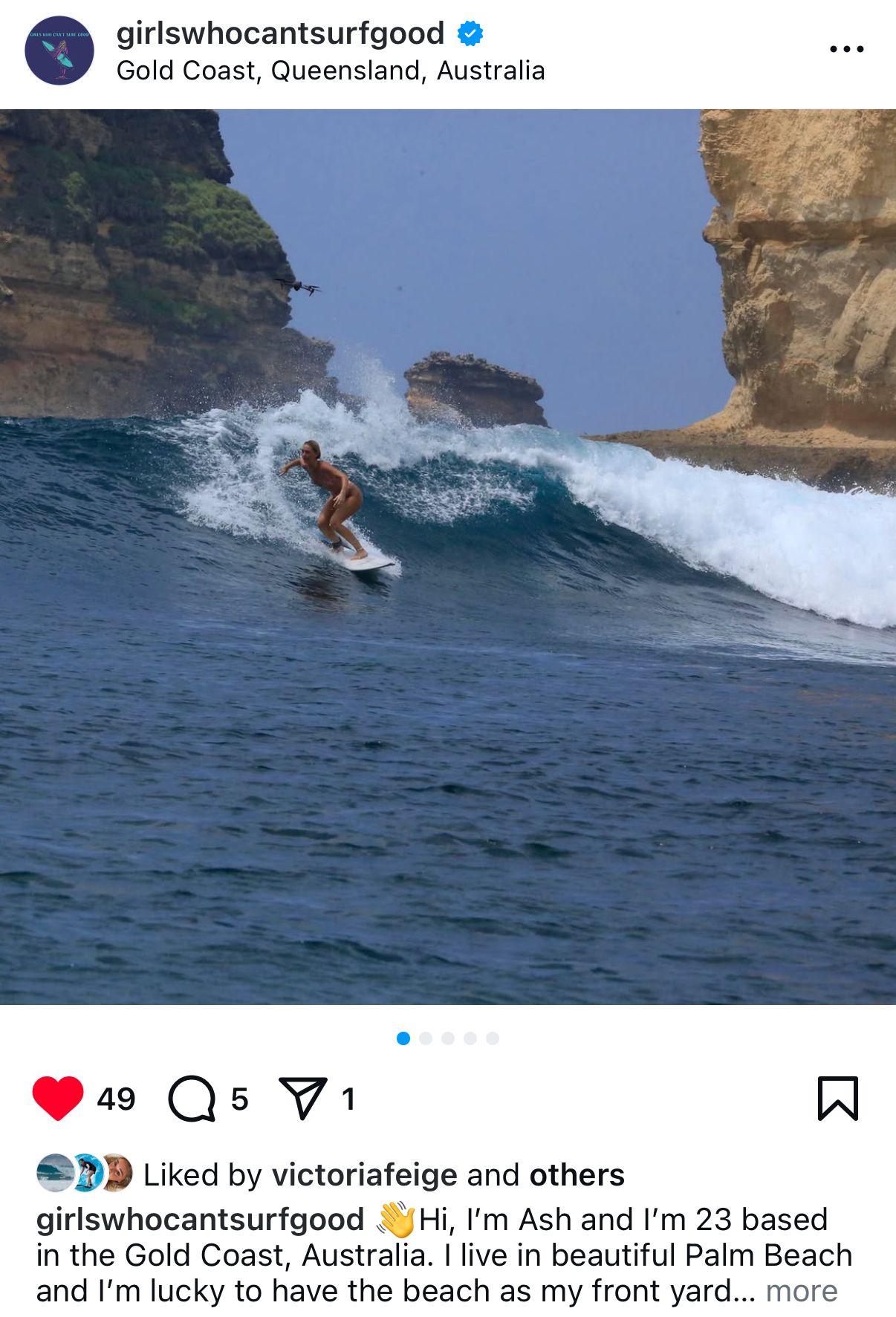
🏄♀️ Anyone else watch Stoked and decide to become a surfer? No? Maybe just Ashlee then. 😊
Ash taught herself to surf through trial and error—and plenty of reef cuts. Now, she lives steps away from her dream front-yard break on the Gold Coast.
Follow us on IG @girlswhocantsurfgood
SURF THRU HISTORY
Farewell to the legend: Clyde Aikau 💔
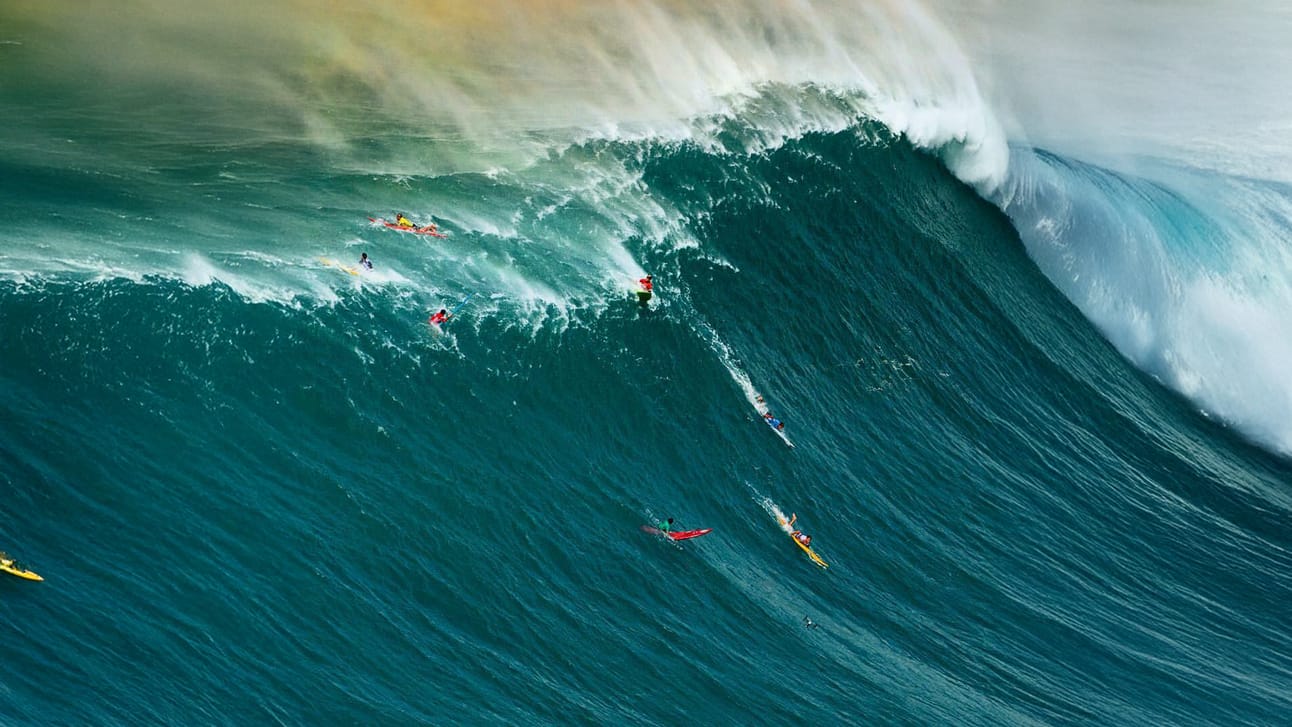
Photo credit: Mike Coots
This week, we lost the man—but his legend lives on.
Clyde Aikau, a legendary Hawaiian waterman, big wave surfer, and cultural ambassador, spent a lifetime carrying forward the legacy of his brother, Eddie Aikau.
By his early 20s, Clyde had already won major contests, including the Makaha International and the Duke Kahanamoku Invitational—becoming the first Native Hawaiian to win the latter.
After Eddie’s tragic disappearance during the 1978 Hōkūleʻa voyage, Clyde honored his brother by continuing to surf, teach, and advocate for Hawaiian culture.
In 1986, he won the inaugural Eddie Aikau Big Wave Invitational (The Eddie) at Waimea—a tribute event he helped shape into surfing’s most revered big wave competition. He continued to compete until age 66 and oversaw the inclusion of women surfers in 2023.
Off the water, Clyde worked with houseless families through the Hawaiʻi Department of Education and taught surfing in Waikīkī.
A quote of his captures his essence:
“It’s really what you do for your fellow man.”
You can read my full tribute to Clyde here.
WEEKLY POPUP
🤓 Pump up the volume for an instant pop-up fixer
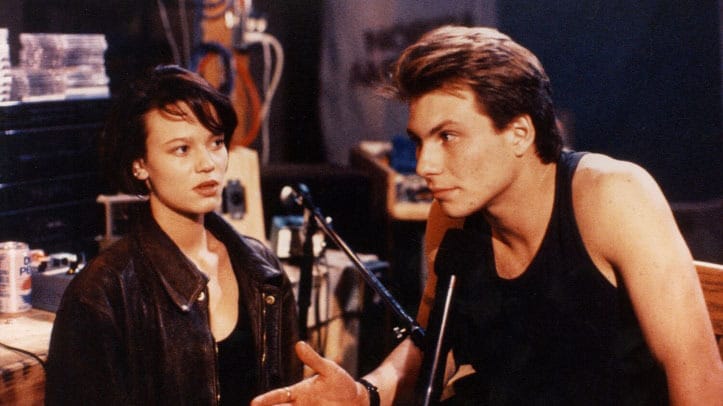
The first board I bought was a 7’6’’ epoxy Bic. Do I remember how much volume it had? Yeah. Sure. LOL. No clue, dude.
No one told me that volume = flotation, and that it’d affect how well or easily I get to paddle, catch waves, or pop up.
🎙️ Wait, whaaat volume, where?
These days, when you’re buying a surfboard, you can usually find information on the volume either in the spec sheet or written on the bottom of the board, along the stringer.
But if you have an older or secondhand board with no info, you’d need to find a large paddling pool, submerge your board, and calculate how much water (in liters) it displaces. Fun!
😵💫 How do I know what volume to go for? Welcome to the G-Factor!
Pioneered by surfboard designer and shaper Whitney Guild, the Guild Factor is a guideline used to help surfers choose the appropriate surfboard volume based on their weight and skill level (sometimes adjusted for wave conditions).
It’s expressed as a ratio of your weight to the volume of your surfboard, and it’s meant to simplify choosing the right amount of flotation for your needs.
Guild Factor (simplified):
Beginner: 0.8–1.0 = 80%–100% of your body weight in kilograms
Intermediate: 0.60–0.80 = 60%–80% of your body weight in kilograms
Advanced: 0.40–0.60 = 40%–60% of your body weight in kilograms
The calculation works like this: I’m 170 lbs / 77 kg—my surfboard volume should be between 77L (1.0 GF) and 62L (0.8 GF). You can also use this calculator I created in Sheets.
As it happens, my Wavestorm is 81L and my Gerry Lopez foamie is 70L. So it must be true! 🤣
🎁 Bonus tip!
Add volume when surfing in smaller or weaker waves, and when wearing a thick wetsuit. Reduce the volume for steeper, more powerful waves—or when surfing in bikini-forward waters.
THE WIPEOUT WEEKLY PODCAST
😱 Houston, we have a p…odcast!
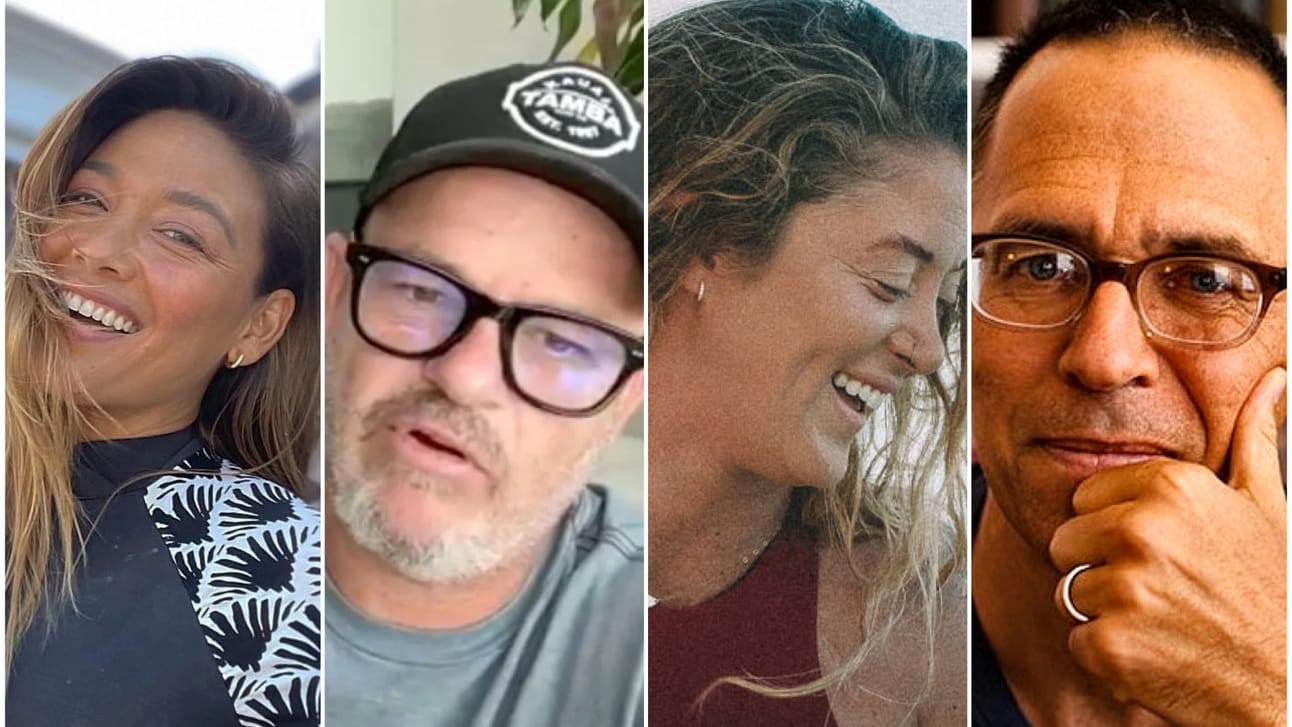
The Wipeout Weekly podcast is here!
Okay fine—it’s been here since we launched the newsletter 8 weeks ago. But let’s be honest: who wants to listen to an episode a day (50+ so far!) about stuff you can just read in the newsletter? 😂
Podcasts are about conversations! Podcasts are about guests! Podcasts are about me getting to meet my heroes! 😜
Here’s who you’ll hear from:
Nikki Nie, our resident surf retreat guru, and I talk about why you shouldn’t go on a surf retreat if you’re already happy.
I chat with Noah Evslin, a Hawai‘i-based surfer and TV writer (NCIS: Hawai‘i, Rescue: HI-Surf), about surfing on TV, filming on the North Shore, and the resurgence of the Hawaiian language.
Kyla Peterson, Oceanside surf coaching royalty, advises me on how to actually progress in surfing. (And yes, I’m kind of hating her for it.)
And tomorrow… tada! Matt Warshaw, the custodian of surfing and author of History of Surfing and Encyclopedia of Surfing, joins me in the studio for a deep dive into surfing in LA in the '70s and the obsession that is surfing.
Available on your preferred podcast platform—or click here to listen.
Got a guest idea? Hit reply. 🤗
THE WIPEOUT WEEKLY FOMO
⬆️ Aaaaaaand that was the last wave of the week!
If a friend forwarded this and you liked it, hit subscribe & join us! We will see you all next week! 🌊
🏄 How was this week's edition of The Wipeout Weekly?Drop in with your pick 👇 |

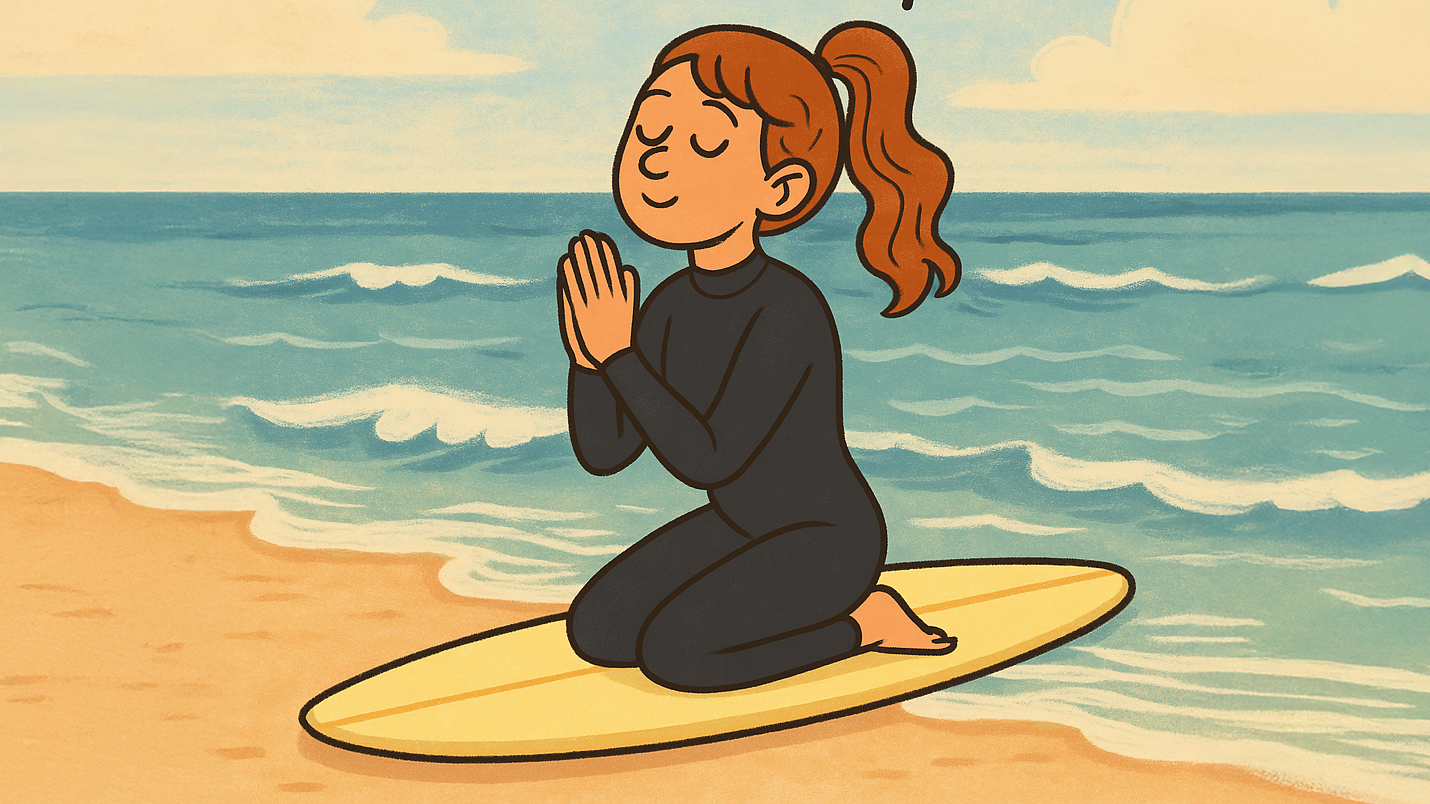
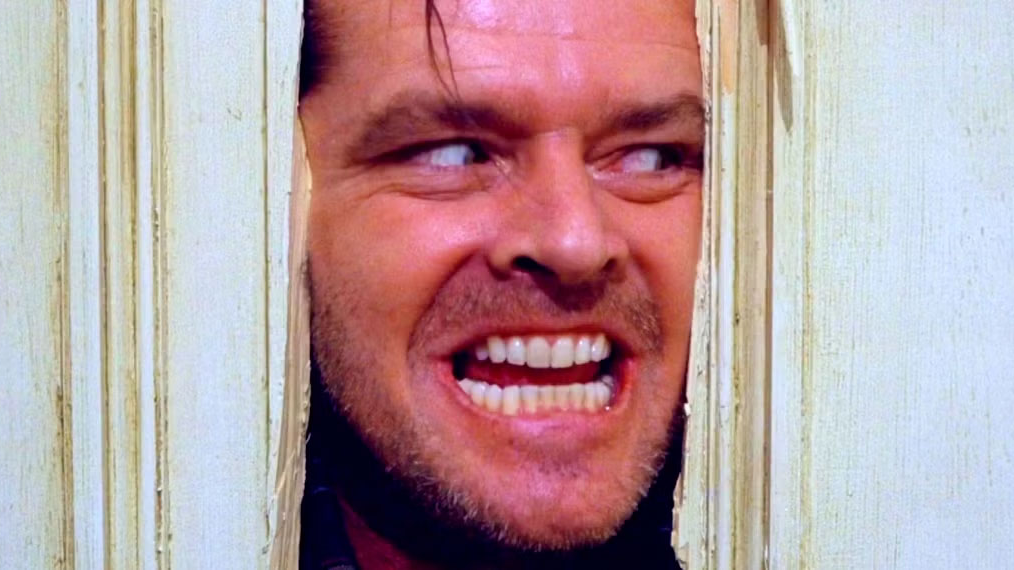
Reply